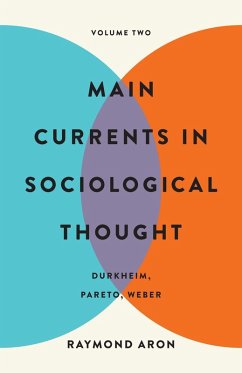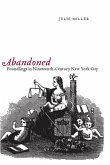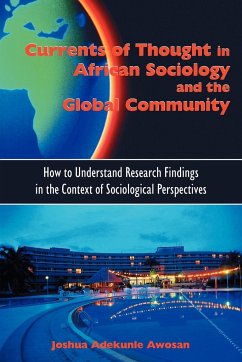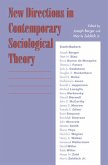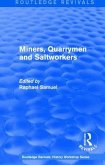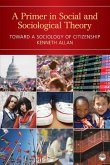The second volume of the landmark study, examining the work of sociology’s defining thinkers from the turn of the nineteenth century to the interwar period Main Currents in Sociological Thought remains a foundational synthesis in the field. In this second and final volume of his classic survey, Raymond Aron explores the work of three figures who profoundly shaped sociology as it entered the twentieth century: Durkheim, who continued Comte’s quest for a science of society and a scientific validation of morality; Pareto, the Italian “neo-Machiavellian” who emphasized the elitist character of all societies; and Weber, the German sociologist who reflected critically on the prospects for human freedom in an age of disenchantment. Bringing together penetrating intellectual portraits of these great thinkers and close readings of their most consequential texts, Main Currents in Sociological Thought highlights the historical and intellectual context within which each man wrote and draws out their works’ enduring insights and influence in the field today.
Hinweis: Dieser Artikel kann nur an eine deutsche Lieferadresse ausgeliefert werden.
Hinweis: Dieser Artikel kann nur an eine deutsche Lieferadresse ausgeliefert werden.

